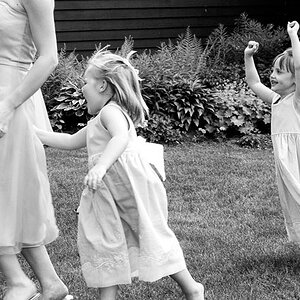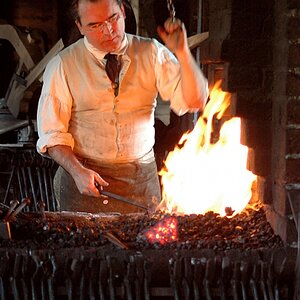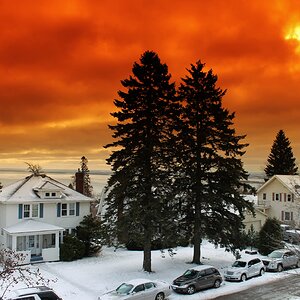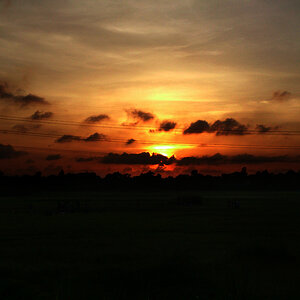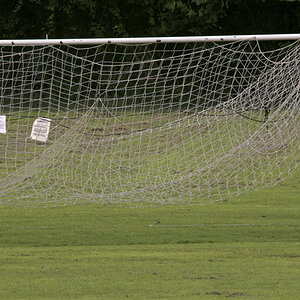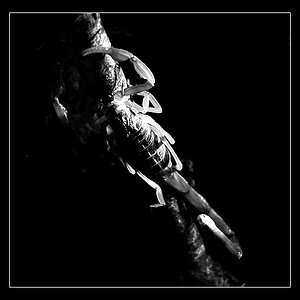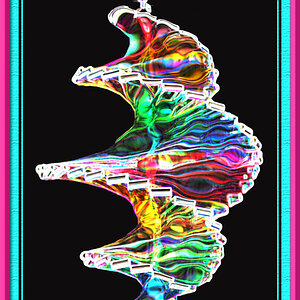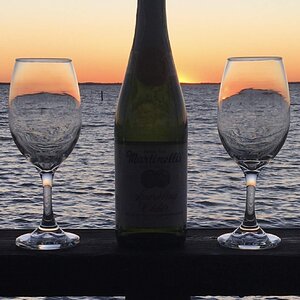IDLaxStar
TPF Noob!
- Joined
- Feb 28, 2010
- Messages
- 174
- Reaction score
- 0
- Location
- Idaho
- Can others edit my Photos
- Photos OK to edit
So I am looking at taking a lot of outdoor nature and wildlife shots when I go on my vacation to Alaska. I heard that its good to get filters for outdoor shots. But I don't know what one to get. Could you guys help me out on this one.




